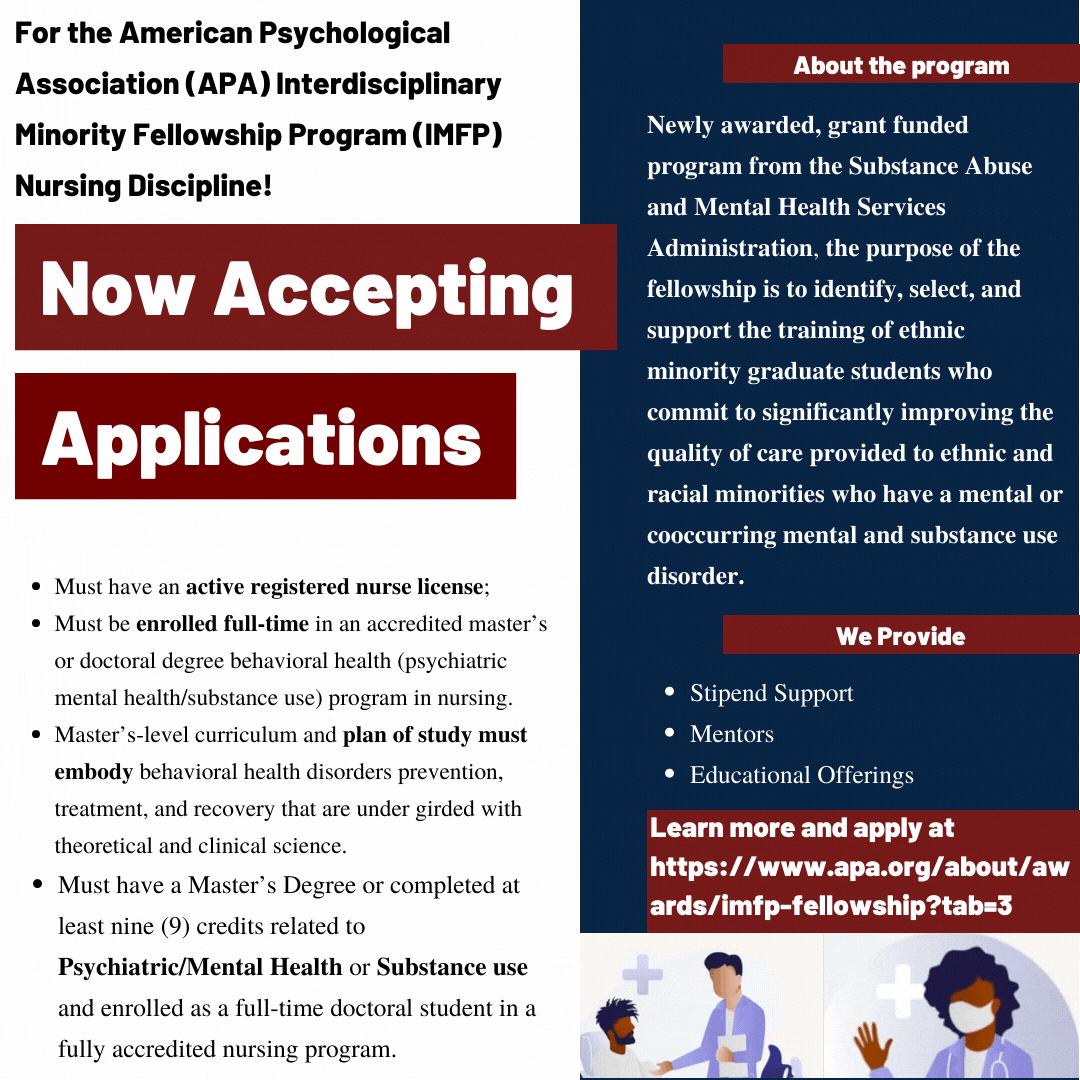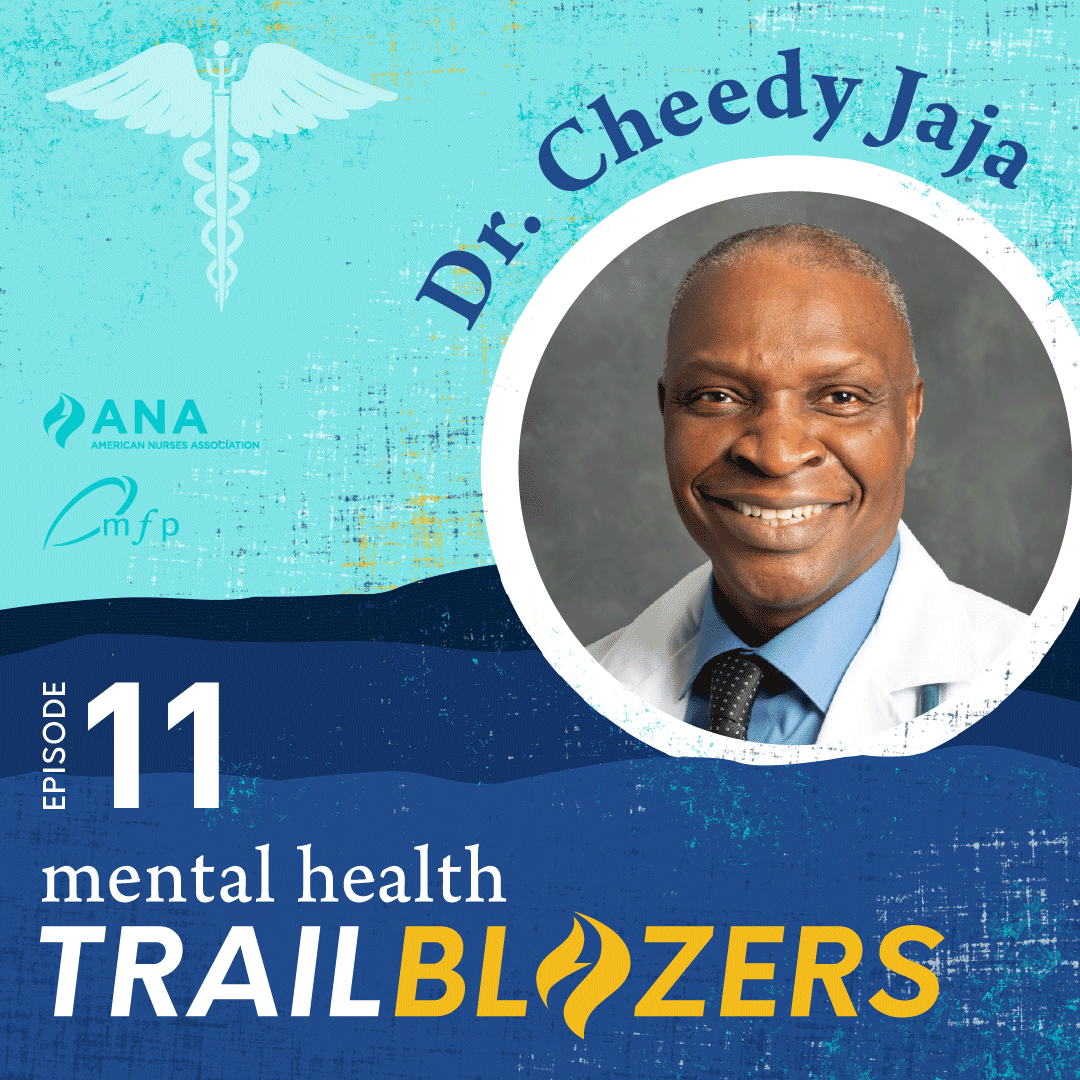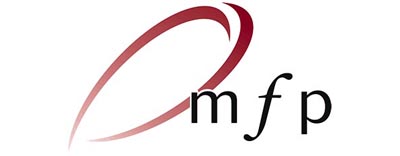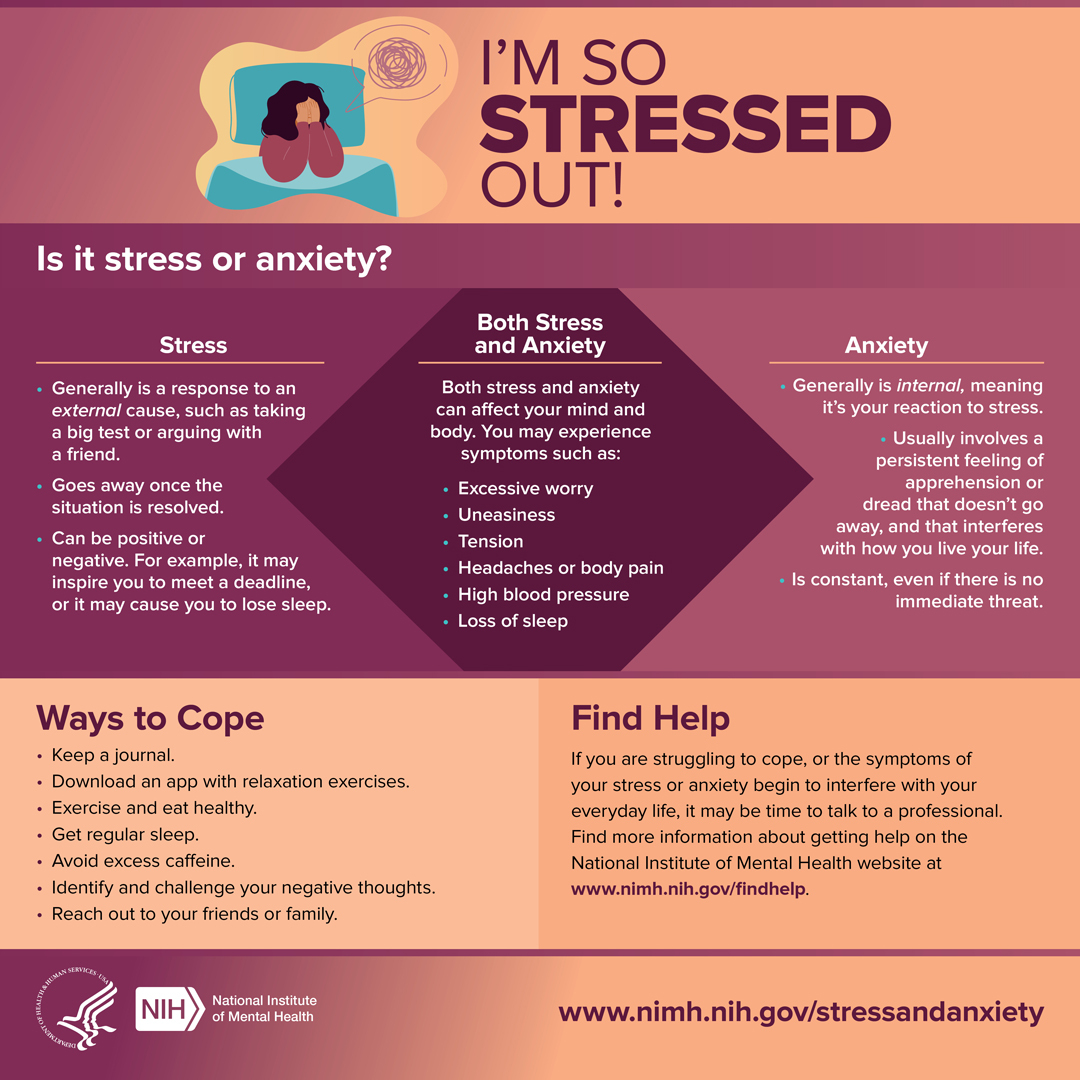Nothing in nature blooms all year. Be patient with yourself.
The MFP is an initiative staffed by ANA with funding from SAMHSA, making fellowships available to ethnic and racial psychiatric nursing students who are enrolled full time in an accredited master’s/doctoral nursing program.
HEALTH AND WELLNESS
This week’s recommended Health and Wellness Activity
HEALTH DISPARITY RELATED ARTICLES
CULTURAL HUMILITY: WHY IT’S A HEALTHCARE BEST PRACTICE (opens new window)
If you read this blog on a regular basis, you’ve heard of cultural competence – being able to work knowledgeably and respectfully with people across different cultures. To many healthcare professionals, it seems logical that learning about a culture will help them build closer patient relationships and make smarter care decisions. Read more (opens new window)
2 Women on Mission to Raise Awareness in Latino Community (opens new window)
Additionally, a lack of Latino representation in clinical trials can leave out important data for future treatments. According to a 2016 report, 1% of participants in National Institutes of Health clinical trials are Latino, but they make up more than 18% of the U.S. population and more than 8% of those 65 and older. Read more (opens new window)
Data analysts proved what Black Pittsburgh knew about COVID's racial disparities (opens new window)
Black researchers, medical professionals and allies knew that people of color experienced bias in public health policy, even before the pandemic. As the deadly virus emerged, data analysts from Carnegie Mellon and the University of Pittsburgh, foundation directors, epidemiologists and others pooled their talents to configure databases from unwieldy state data to chart COVID-19 cases. Read more (opens new window)
The National Institute on Minority Health and Health Disparities (NIMHD) Research Framework (opens new window)
The NIMHD Minority Health and Health Disparities Research Framework reflects an evolving conceptualization of factors relevant to the understanding and promotion of minority health and to the understanding and reduction of health disparities. Read more (opens new window)
Latest Data on COVID-19 Vaccinations Race/Ethnicity (opens new window)
Updated December 2, 2021 — As of this week, federal data from the Centers for Disease Control and Prevention (CDC) show that 68.4% of the total population in the United States have received at least one dose of a COVID-19 vaccine. Read more (opens new window)
MFP/ANA ANNOUNCEMENTS & UPCOMING EVENTS
HHS Office of Minority Health (OMH) and the Substance Abuse and Mental Health Services Administration (SAMHSA) hosted the Advancing Behavioral Health Equity: National CLAS Standards in Action webinar, highlighting real world examples of behavioral health service providers using the National Standards for Culturally and Linguistically Appropriate Services (CLAS) and the Behavioral Health Implementation Guide.
View Recording (opens new window)Office of Minority Health (OMH) hosted a webinar on the mental health impact of COVID-19 on racial and ethnic minority populations to help expand the conversation around the mental health impact of COVID-19 among minority populations.
View Recording (opens new window)A new employment opportunity has been posted: Founding Chair of Nursing for BSN Program, Southern University at New Orleans
New Orleans, LA
Learn More (opens new window)
 (opens new window)
(opens new window)Applications are open for all American Psychological Association (APA) MFP fellowships, including the
Interdisciplinary Minority Fellowship Program (IMFP)
nursing discipline. The deadline to apply is January 15, 2022. Click
here (opens new window)to learn more and to apply.
The MFP plays crucial roles in (a) encouraging students of all ethnic minorities to enter master’s and doctoral programs in behavioral health nursing, and (b) supporting them with fellowships during their studies. Learn more and apply at
apply.emfp.org (opens new window).
About MFP
Funding for the MFP e-Newsletter was made possible (in part) by Grant Number 1H79SM080386-04 from SAMHSA. The views expressed in written training materials or publications and by speakers and moderators do not necessarily reflect the official policies of the department of Health and Human Services; nor does mention of trade names, commercial practices, or organizations imply endorsement by the U.S. Government.










